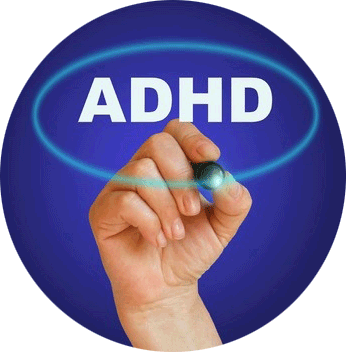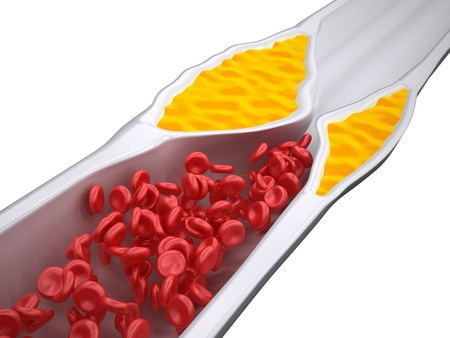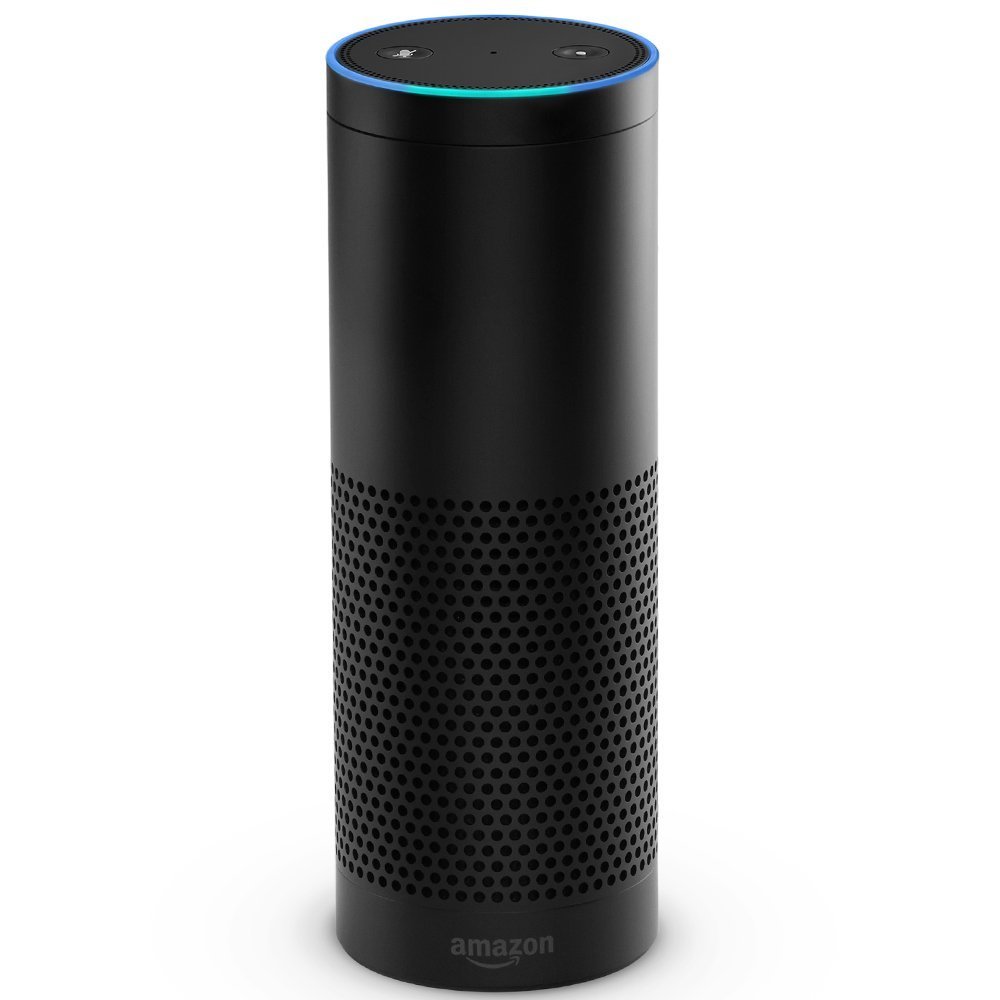5 Things To Consider Before Taking Statin Drugs! – Ask Dr Ron by - Dr…
ADHD and Non-Drug Treatment Alternatives – by Dr. Ron Cherubino
If you, a loved one or someone you care about has been diagnosed with either ADHD (Attention Deficit Hyperactivity Disorder) or another sensory-based condition, then this article has been written with you in mind.
I’d like to share with you some of my personal observations based on over 30 years of working with nervous system based natural health care techniques and treatments.
First and foremost, drug based treatments are by no means the only option available when one is seeking help for these conditions. In fact, there are a growing number of people worldwide that are having tremendous success using non-drug treatment alternatives for ADD, ADHD, SID and similar sensory based conditions.
You might already be aware that Ritalin has received a lot of bad press over the past 10 years and it isn’t getting any better. Its use may result in favorable short-term symptomatic changes, but long-term use has been shown to cause permanent peripheral nerve damage.
At Cherubino Health Center we work with holistic, integrative and alternative healthcare methods and consistently see people with sensory-based conditions respond well to our type of treatment.
The other day I had the opportunity of sitting in a consultation with a mother whose child has been diagnosed with ADHD. For the past three years her son has been medicated with daily doses of Ritalin which have resulted in numerous complications and side effects.
My heart was saddened as I sat discussing the plight of her nine-year-old child. Her frustration level was high and her anguish palpable. Unfortunately, the story is a common one.
The Ritalin had caused her son to gain a considerable amount of weight as well as become lethargic. To make matters worse, when she tried to take him off the medication, he became violent. When she related this information to her son’s prescribing physician, the doctor dismissed her observations by stating that it was more usual for children to lose, not gain weight, on this drug. Consequently he made no attempt to revisit the efficacy of his prescription.
Fortunately, I was able to encourage this mother with information on natural treatment options as well as share from the many success stories that we’ve been a part of here at Cherubino Health Center.
When it comes to ADHD and similar conditions, it is important to look past the superficial symptoms in favor of identifying the deeper underlying root causes.
In technical terms, ADHD and ADD typically involve:
- Peripheral sensory nervous system deficits
- Hyper and hypo reactive sensory nerve pathways (unilateral and/or bilateral)
- Sensory integration deficits
- Central nervous system sensory and motor processing deficiencies
- Functional deficiencies of multiple viscera including, but not limited, to the adrenal glands
- Nutritionally mediated sensorimotor phenomenon
In less technical terms, the human body is constantly collecting information and processing it. The efficiency with which the body carries out these tasks will affect a person’s ability to function both physically and cognitively. This in turn affects the person’s emotional well-being and in large part determines how well he or she is capable of functioning in a specific environment and in response to a specific task.
In practical terms, ADHD, ADD and most other sensory motor conditions involve poorly functioning neurological pathways (a condition known as NID). Contributing factors may include hereditary predisposition, environmental stress, food sensitivities and allergies, nutritional deficiencies, toxicity, metabolic disorders, decreased visceral function and emotional stress.
My recommended protocol currently includes:
- Identification of nervous system firing pattern deficiencies with EMI evaluation.
- Correlation of pertinent findings with the patient’s medical, family, social, behavioral and nutritional history.
- Additional laboratory testing based on individual needs (saliva, PRA, urinalysis, blood testing, etc.) (https://cherubhealth.com/testing_evaluations)
- Appropriate nervous system-based treatment (https://cherubhealth.com/treatments_services)
Here are some of the therapies that we have found especially effective in the treatment of sensorimotor integration deficits, ADHD and ADD. Please remember that treatments are chosen based on the specific needs of each patient. Even though diagnostic labels may be identical, no two patients ever are.
Our goal is to empower patients to take control of their healthcare by providing personalized natural and alternative options and by providing home coping strategies to maintain the changes made at Cherubino Health Center.
www.cherubhealth.com





